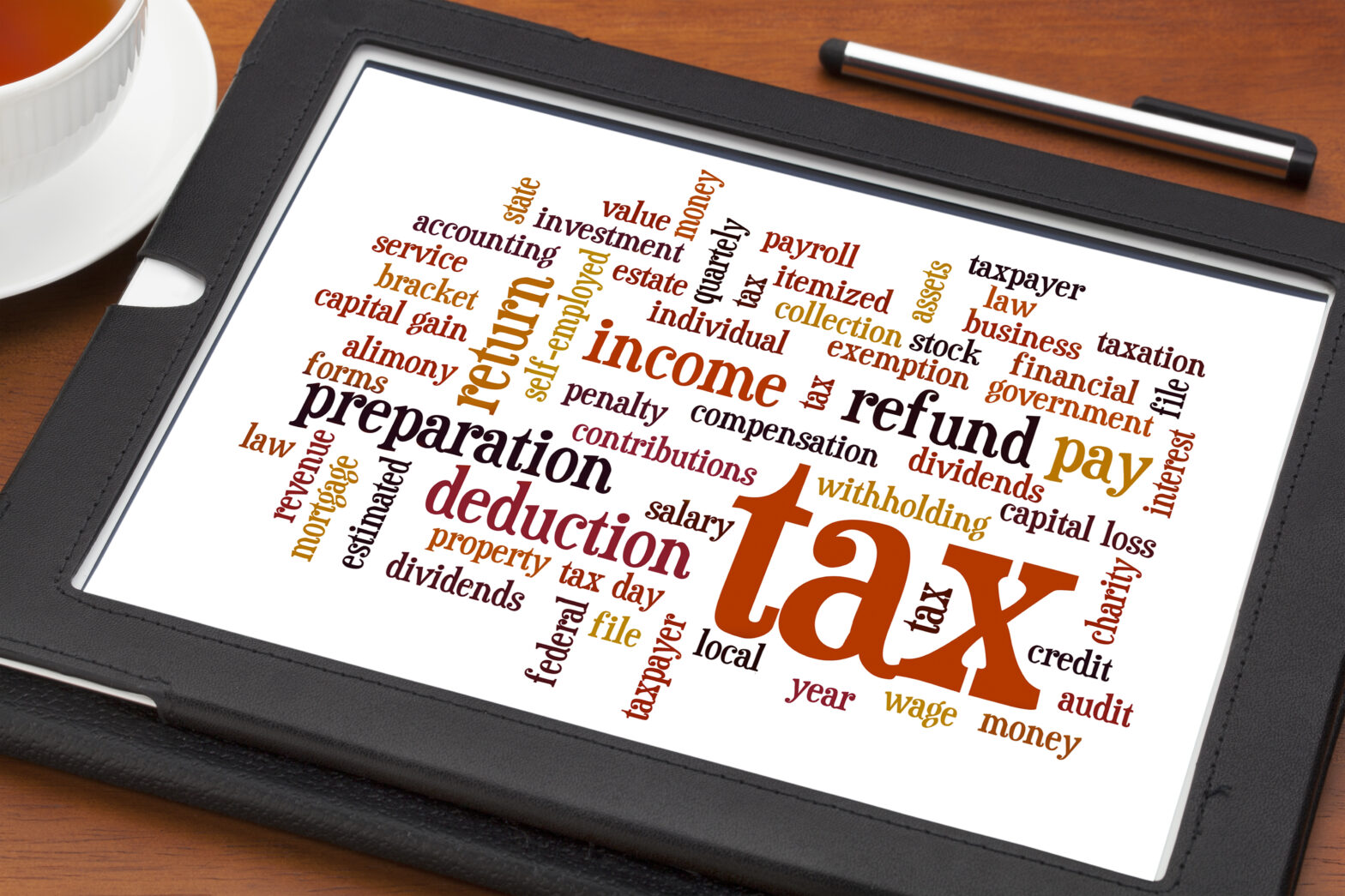Freelancing is now a credible, viable way for people in the UK to earn a living. And as a small business owner, it’ll become more and more common for you to engage the services of a freelancer on an ongoing basis. For example, to maintain your website or help with your accounting.
You may not appreciate it but as soon as you engage a freelancer, you are exposed to IR35.
What is IR35?
IR35 is another name for the government’s ‘intermediaries legislation’. IR35 is a set of rules that govern how much tax and national insurance you pay if you’re contracted to work for a company through an intermediary. For example, your own limited company.
IR35 is designed to combat the situation where workers fraudulently claim to be freelancers or contractors for tax benefits.
For a small business owner, engaging the services of a freelancer, it’s essential, for tax purposes, the freelancer is considered to be genuinely self-employed and not, to all intents and purposes, an employee, otherwise, you and the freelancer will be liable to pay the respective tax and national insurance due (and you may incur penalties).
Update: 6 top tips to prepare for IR35 tax changes in April 2020 – A Small Business checklist
How can you determine if IR35 applies to your freelancers?
Firstly, IR35 is a complicated set of rules, with no clear ‘yes’ or ‘no’ answers. There are many factors which contributed toward determining the result of an IR35 investigation. It is important to seek expert HR and legal advice if you are concerned about IR35.
There are, however, some obvious indicators, which will help you assess your level of risk:
Direction and control
How much control do you have over your freelancer and how they carry out their work? If you control the number of hours they work and the working hours they keep, this would indicate employment. As would specifying the requirement for them to be present at your office or place of work regularly.
It’s also important your freelancer ‘looks’ like a freelancer in their day-to-day work for you. For example, having an internal email address or phone number, or managing employees and budgets would indicate the freelancer is actually an employee.
Right of substitution
A freelancer should have the right of substitution, for all or at least some part of the project. In other words, as the client, you are paying for a service not a specific person.
Mutuality of obligation
There should be no mutuality of obligation on the freelancer to undertake the work and, for your company, no obligation to provide any work.
Consider if any obligation does exist between you and your client – your contract should set out exactly what you expect from each other. If your clients pay you for your services and no other obligations exist between you then it is possible that Mutuality of Obligation does not exist and therefore you are not employed.
Length of engagement
If you have been working with the same freelancer for a long time or if you provide the freelancer with regular work this may indicate employment – it is not conclusive but if coupled with lots of other factors pointing to employment, it could mean you’re caught by IR35. Make sure you don’t enforce a contract that states your freelancer cannot work with anyone else; this points to employed status.
Freelance marketplaces can help
Hiring a freelancer through a freelance marketplace can help in a number of ways:
- The freelancer will be paid via invoice
- There will be no mutuality of obligation on either side
- Freelancers will have the opportunity to work on a number of projects at the same time.
Freelance marketplaces offer a range and diversity for both hiring and working. By their very nature, marketplaces are designed to support genuinely independent freelancers, which reduces your risk of falling inside IR35.
Gary Elliott is marketing director of weliketowork.com.
Further reading on IR35
Are you an IR35 tax case?
Small businesses often have trouble understanding the best way to pay themselves. For example, if you started your own limited company and work through another agency, you may fall under HM Revenue & Customs’ IR35 laws.
Related: How to wind up your personal service company ahead of IR35 legislation
Basically, IR35 was introduced by the government to prevent individuals from forming a company as a vehicle to receive income as a means of avoiding Income Tax or National Insurance Contributions. It applies where a single worker’s (‘the contractor’) services are provided to a client through a limited company (in which the worker has more than a five per cent share) where in other circumstances the worker would be an employee of the client. The Inland Revenue expects the income of the company (called ‘Service Companies’) to be treated as income of an individual. However certain reliefs are available including:
- Services companies are allowed to deduct five per cent of their gross fees receivable as expenses
- Travel expenses might be claimable if the contractor has a series of contracts with different clients around the country and they regularly travel from home to work at the clients.
- Capital allowances might be available on equipment or cars
Basically once all the allowable expenses have been calculated the balance of the company’s income is treated as ‘deemed salary’ by the Inland Revenue on which PAYE and NIC will be payable. Failure to take the deemed salary as a salary (and pay over the appropriate PAYE and NIC) will incur further PAYE deductions in a ‘double tax penalty’ when it is eventually drawn.





